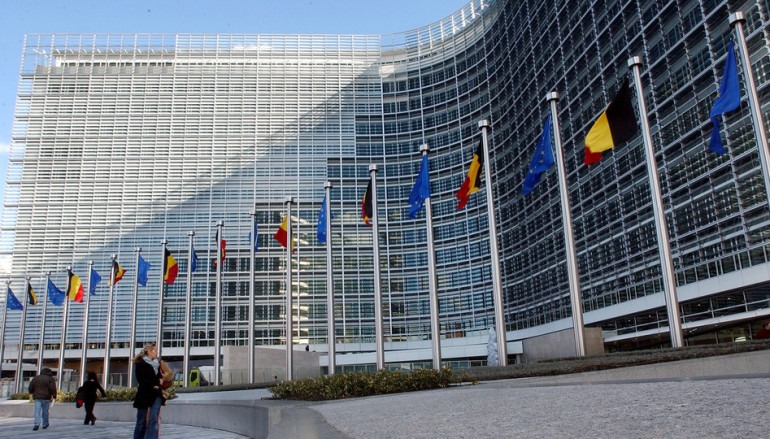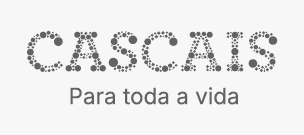
European Commission
Functions: Defends the general interests of the EU, by presenting legislative proposals and implementing EU legislation, policies and budget.
Members: One team ('college') of Commissioners, one for each EU country.
President: Jean-Claude Juncker.
Institution Created: 1958
Headquarters: Brussels (Belgium)
The European Commission is the EU's executive body, being politically independent.
It is responsible for drawing up proposals for new European legislative acts and for implementing the decisions of the European Parliament and the Council of the EU.
What does the Commission do?
Proposes new laws
The Commission is the only EU institution to submit legislation for adoption by Parliament and Council with the aim of:
• Protect the interests of the EU and its citizens on issues that can be addressed more effectively at European level than at national level
• Resolve specific technical issues through expert consultation and the general public
Generate European policies and distribute EU funds
• Defines EU spending priorities together with Council and Parliament
• Elaborate annual budgets that must be approved by Parliament and the Council
• Control expenditure, which is checked by the Court of Auditors.
Zela for compliance with European law
• Together with the Court of Justice, it ensures the implementation of EU law in all Member States
Represents the EU at international level
• It is the voice of all EU countries in international fora, particularly in the areas of trade policy and humanitarian aid
• Negotiate international agreements on behalf of the EU
Composition:
The political leadership is exercised by a team of 28 commissioners (one from each EU country), led by the President of the Commission, who decides on the distribution of political files by the Commissioners.
The College of Commissioners consists of the President of the Commission, seven Vice-Presidents, including the First Vice-President and the High Representative of the Union for Foreign Affairs and Security Policy, and 20 Commissioners responsible for various roles.
The day-to-day management of the Commission is ensured by its staff (lawyers, economists, etc.) organized in Directorates-General (DGs) responsible for specific policy areas.
Appointment of the President
The candidate is presented by the Heads of State and Government meeting at the European Council, taking into account the results of the elections to the European Parliament. In order to be elected, the President needs the support of a majority of Members of the European Parliament.
Team Choice
The Presidential candidate selects potential Vice-Presidents and Commissioners based on proposals from EU countries. The list of those selected must be approved by the Heads of State and Government within the European Council.
Each of the selected people makes a presentation to the European Parliament and answers the Members' questions. The team of Commissioners is then put to the vote in the European Parliament. Lastly, the European Council, acting by a qualified majority, appoints.
The mandate of the current Commission ends on October 31, 2019.
How does the Commission work?
Strategic planning
The President sets out the broad policy orientations of the Commission which then allow Commissioners to outline strategic objectives and draw up the annual work program.
Collegial decision process
Decisions are made on the basis of collective responsibility. All Commissioners are on equal footing in the decision-making process and respond collectively to the decisions taken. They do not have the power to make individual decisions, unless specifically authorized, in certain situations.
The Vice-Presidents represent the President and coordinate the work in their areas of competence, along with several Commissioners. Priority projects are defined on which Commissioners work together, albeit with flexibility.
The Commissioners support the Vice-Presidents in submitting proposals to the College. Decisions are usually made by consensus, but votes can also be taken. Where this is the case, decisions shall be taken by simple majority, each Commissioner having one vote.
The matter in question is referred to the competent Directorate-General, whose Director-General is accountable to the Commissioner responsible. The process generally leads to draft legislative proposals.
Such projects are presented to the Commissioners at their weekly meetings, after which they become official proposals and are then forwarded to the Council and Parliament for the next step in the EU legislative process.
The European Commission and citizens
Participate
If you want, you can tell them what you think about European policies or propose changes to policies or even new policies. You have several options:
• Participate in the Commission's public consultations on matters concerning it
• Launching a European Citizens' Initiative.

























